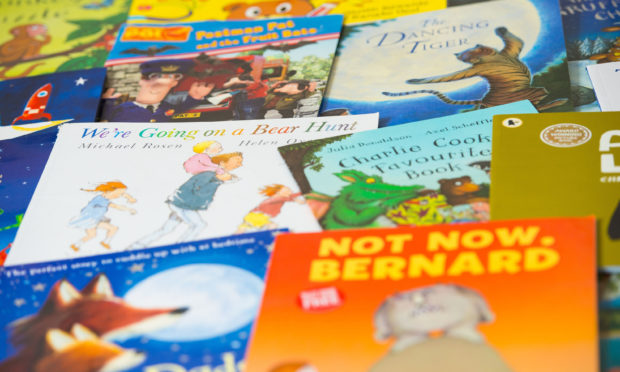A Fife woman who influenced the way children are taught to read has died at the age of 95.
Margaret Meek Spencer wrote many influential books advocating the basics of learning to read come from children’s joy in the story and their desire to know the text for themselves.
This was against the dominant view that teaching should involve taking youngsters through schemes and training them to answer comprehension questions.
She argued all readers need to experience pleasure and success and being read to is an essential experience for children, who learn to delight in the rhythm and tune of text.
From the late 1960s, her ideas changed the direction of reading research and practice throughout the English-speaking world.
Born in Leven, Mrs Spencer was the eldest child of engineer Robert Meek and his wife Elisabeth, who was one of Scotland’s earliest female graduates.
She moved with her family to Dunfermline when she was 10 as it was closer to her father’s work on torpedoes.
As she grew older, she taught herself Latin which was necessary for admittance to Edinburgh University, where she studied English literature and philosophy.
She married Patrick Spencer, a cellist and later banker, in 1960. He died in 2011.
She is survived by their two children, Sophie and Jo, and five grandchildren.
Mrs Spencer began her teaching career in 1950 at Haberdashers’ Aske’s school for girls in London, where she taught English.
Four years later she became a research assistant to the educationist Roy Niblett at Leeds University before moving in 1956 into teacher education.
Her work always honoured what she called the “implicit skilled understanding” of teachers.
Her first major book in 1978, The Cool Web, explored what readers made of texts and still stands as a seminal text for English teachers.
She wrote a range of influential books over the following two decades and retired from the Institute of Education in 1990.
Tributes to Mrs Spencer were paid from across the educational spectrum, including from the Centre for Literacy in Primary Education.
A spokesperson said: “Margaret leaves an enormous legacy to the world of children’s literature and literacy and to us at CLPE.
“Her thinking and her writing influenced so much of what we do and how we work, she was a great friend to CLPE and a great teacher.”










